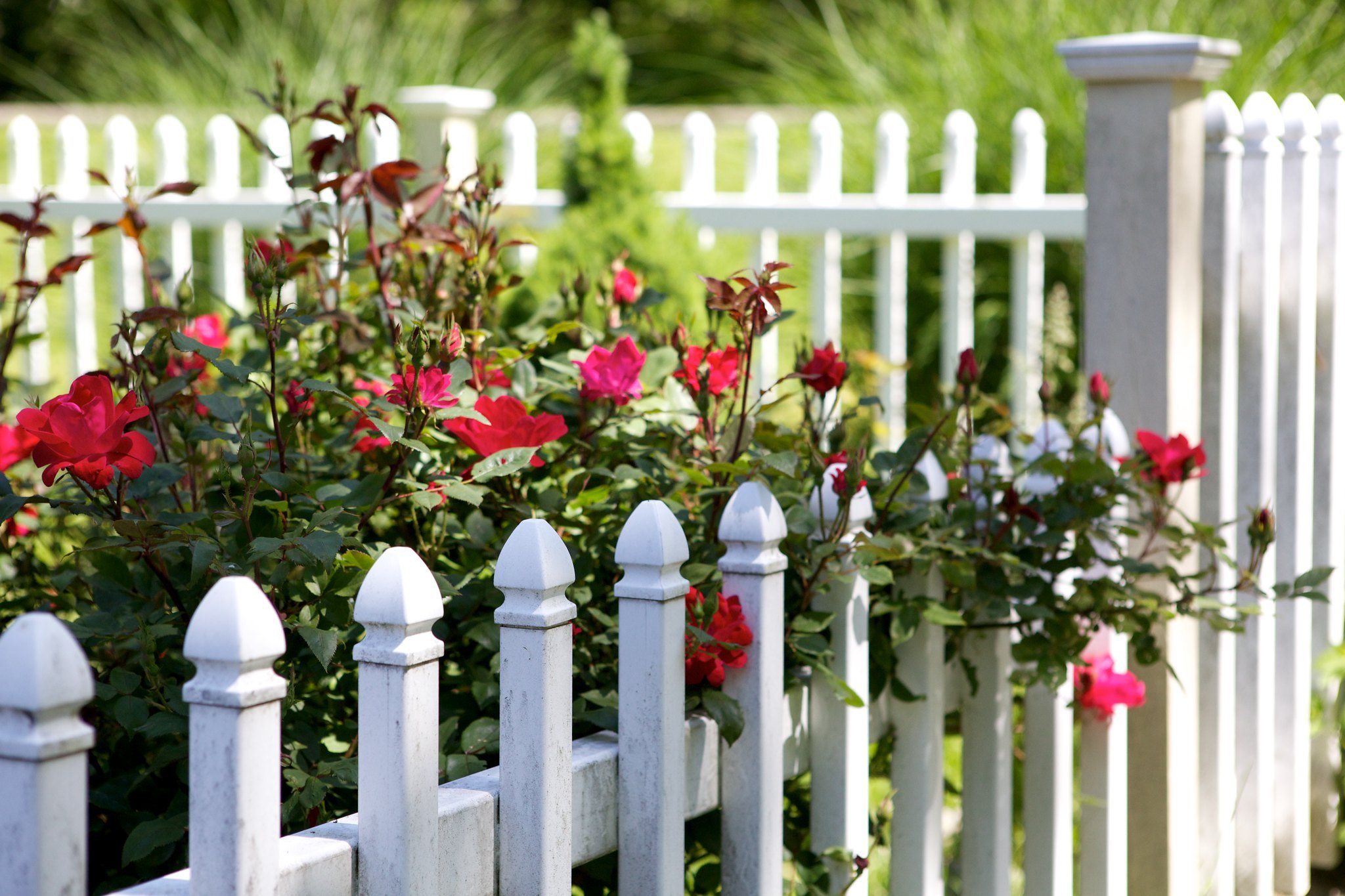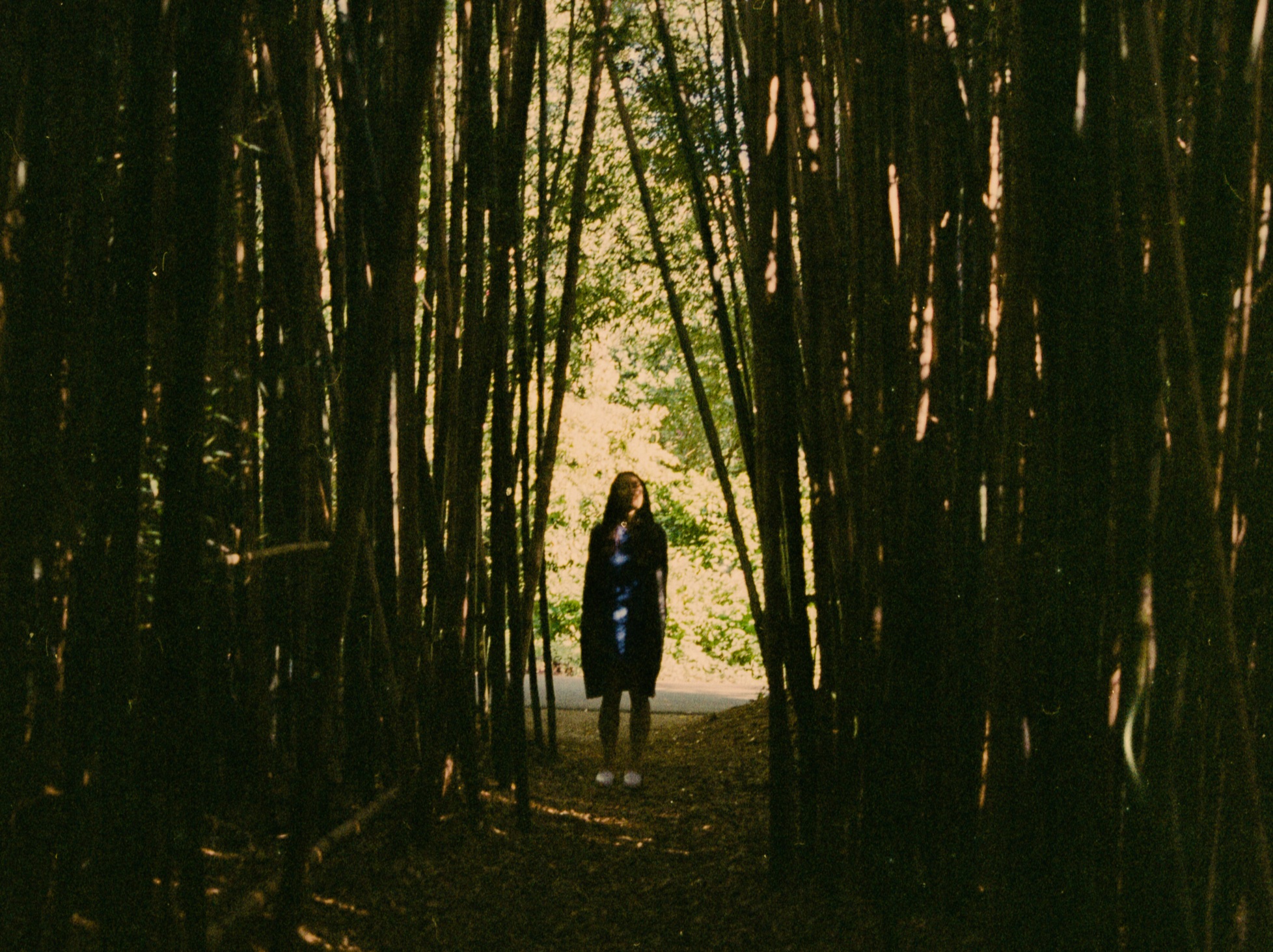What's wrong with neighbors these days?
/Do you know your neighbor’s names? Do you speak to them? Would you know if they were dying? Would you care enough to call someone?
If your answer is “no, no, no and okay, maybe,” you are just plain normal today.
We hear their sound systems playing, their cars starting and their domestic disputes, if we live in crowded areas. We catch glimpses of them getting out of cars or taking out the trash, but little more. If we live in a “friendly” neighborhood, we might occasionally lift a hand in a silent wave.
Creative commons image by Chiot’s run of flickr.com
I’m no different. I have always felt connected to the land, plants and animals around wherever I’m living, including to my human neighbors. But in the past few years, my connection to human neighbors has grown thin and distant. As spring opens up the world, I find myself saddened that I don’t know my neighbors.
There is the neighbor across the street who starts their clunky car every day at precisely at 7:00 am. There is the neighbor who always drives in the back and never appears in front of their house, despite having a carefully manicured front fence and raised flower garden. There is the neighbor who grows a fantastic back garden crowded with vegetables and flowers so thick that it reminds me of children’s stories about secret gardens that shut out the world.
I’ve never spoken to any of these neighbors, though I’ve lived here for nearly two years. I’m legally blind, so it’s hard for me to catch them on the street and strike up a not-so-casual conversation, as others who desire neighborly contact might. I wish I had more connections with my neighbors beyond the snippets of their routines that filter out, but my life has been beyond overwhelming with children’s medical crises, so I have made no bold moves.
I feel a certain kinship with the punctual neighbor across the street. I’m sure he or she is working hard, heading out early in that car with the labored engine every morning. But I’m pretty sure they wouldn’t think of me as someone they’d want to know. They don’t have a high front wall or fence, so they have no doubt seen me with my white cane and my kids with intense emotional issues.
The neighbor with the perfect front flowerbeds maintains them by proxy. I have met their fix-it man/gardener. All last summer, he greeted me every evening and we’d exchange a few words while we tended our respective plots. He wasn’t really a neighbor but we both acted like we were.
The only actual neighbor I’ve talked to is one with plenty of trouble of their own. That house has all the signs that someone there struggles with addiction. It is beaten down and in need of repair. There are loud arguments and broken dishes. There is sometimes noxious plastic trash burned in the yard. But there’s also a woman there who occasionally greets me. I once went to that house to give warning in the middle of the night because I could hear water spurting from their side faucet, which had broken. Ever since, we aren’t exactly friends, but we are on—if not speaking term, then at least greeting terms..
A bit further away in the neighborhood, I have encountered only tragedy--loud domestic violence in one house, then the silence after the woman and children fled, and death by overdose at another house. This is all I know of neighbors two years after returning to my small home town in Eastern Oregon.
Rewind thirty years and I was a teenager here desperate to get away. There were many reasons why I originally left, including the scent of opportunity, right-wing local politics, no public transportation and romantic notions about the rest of the world. But back then, it was normal to know you neighbors. I met my future niece’s mother and aunt across the back fence. Even socially awkward and outcast as I was at school, I knew some near neighbors.
Today, I find the contrast disturbing, not just for myself but for society at large. The only person, besides the neighbor’s gardener who has approached me intent upon making connections was a couple of Jehovah’s Witnesses, who occasionally prowl the neighborhood. Neighborly relations have become mechanistic at best—something only minded when you can get something out of it.
When I go for walks around the neighborhood, I’ll often wave to someone out working on a lawn. I don’t make a big production out of it, just a little finger wave and a smile. So far, they give back only silence. I don’t hear neighbors greet one another either. So, it isn’t just that they’re leery of the “blind lady.” There is a feeling of being on edge, of both distrust and apathy.
Back when I was a conflict correspondent for newspapers, I often had to walk through neighborhoods where I didn’t even understand the local language and “gauge the mood” for my editors on the other side of the world. If my job was to report on American small town life today, I would have to describe the atmosphere as one of “discontent and distrust” or “deceptive calm covering simmering resentments.”
I fear that the problem with neighbors in America goes far deeper than just neighborly relations. Increasingly, when I meet other parents at the Little League field or at a school function, a sense of guardedness and exhaustion pervades. I try to reach out with the same friendly gestures that worked years ago, only to be rebuffed with silence or sideways hedging to get some distance.
Is this about the politics? We’re in a deep red zone in an otherwise blue state after all. Maybe my neighbors feel marginalized or maybe there’s something about me—wild red braids? colorfully patterned clothes?—that gives my politics away as controversial. But I suspect that it is more than that. Even when I visit the big blue city, people are professional but there’s often strain in their precisely polite voices and precious little warmth.
What can be done to bring back a sense of community and neighborliness? I have tried the tactic of simply being ultra friendly. I’ve been the one to bring cookies to new neighbors to welcome them to the neighborhood. And I might do something like that again, once my life is less of a rolling crisis. But even when I was doing that a few years ago, the reception was distinctly cold and suspicious.
I don’t believe the solution is simply individuals putting themselves out there and being warm and friendly. That doesn’t hurt, but it won’t change the core of the matter. I’ve seen other nations in times of hopelessness and this is what despair on a large scale feels like. I’ve also seen nations that have recently thrown off tyranny, filled with hope and optimism. And those are the places where I have seen strangers play cards while waiting for busses or neighbors lend a helping hand to the elderly. The level of hope in society is closely tied to neighborliness.
I don’t know how to restore hope to a giant country like the United States. It used to be that people in America believed they were lucky and blessed. Even when our systems were messed up, we seemed to believe they were at least the best that could be had. Now, I hear Americans disparage the services and authorities that hold our communities together, just as Russians or Eastern Europeans do with theirs. It’s a symptom rather than a cause. The systems are not actually any worse than they once were. It’s the optimism that has frayed.
I do know that hope is fostered by connections to nature, by finding small moments of beauty in life, by authentic connections to other humans who are doing something beyond themselves. These are the things I seek for hope and I only know how to keep looking.
And meanwhile, I’ll be the friendly neighborhood oddball who sometimes eats meals on the front porch, waves at people she can’t see, talks to gardeners and listens for anyone in need.























